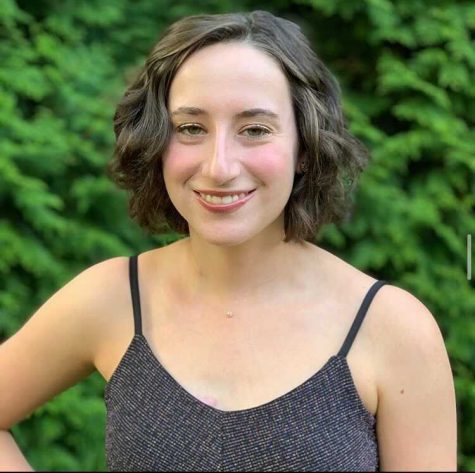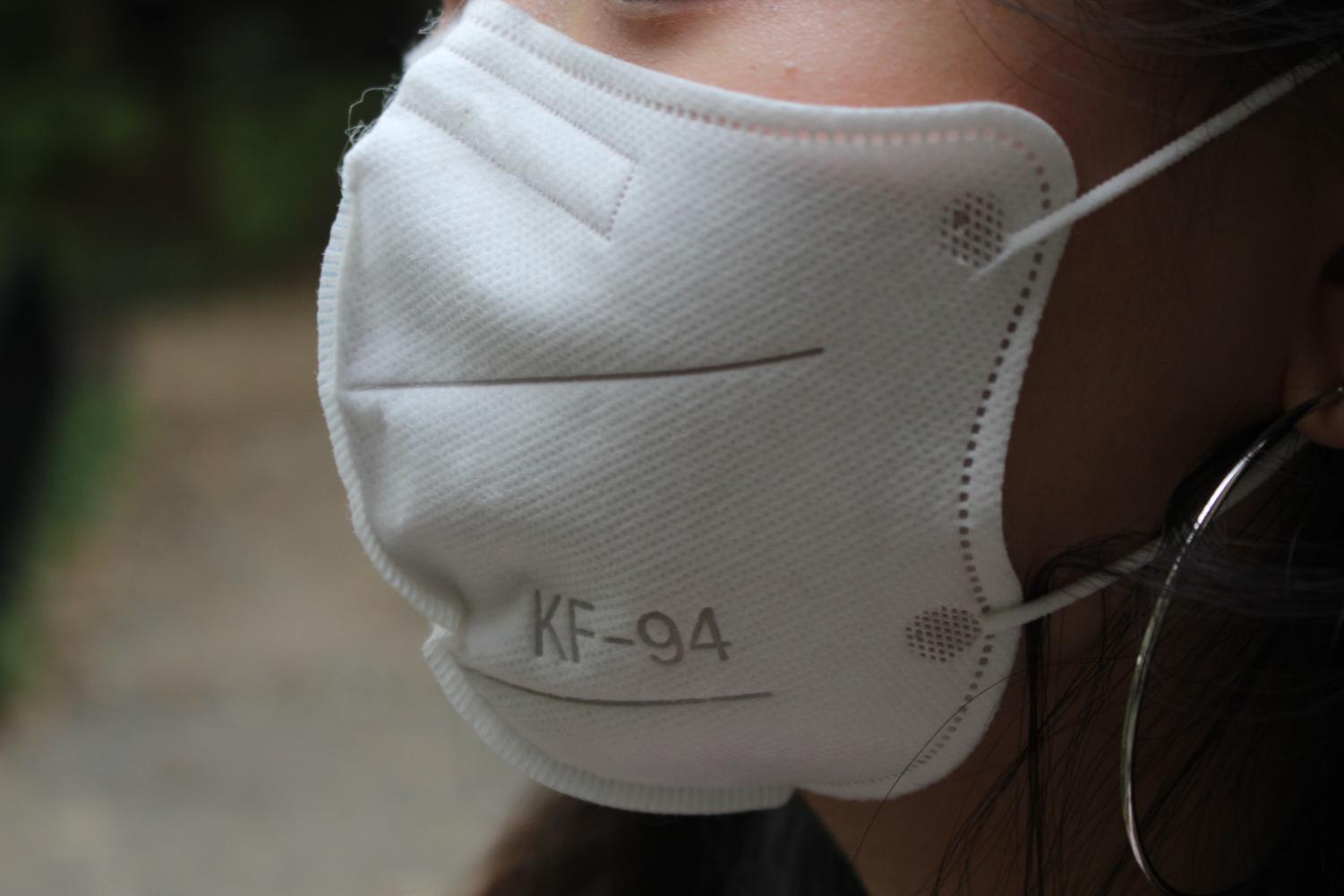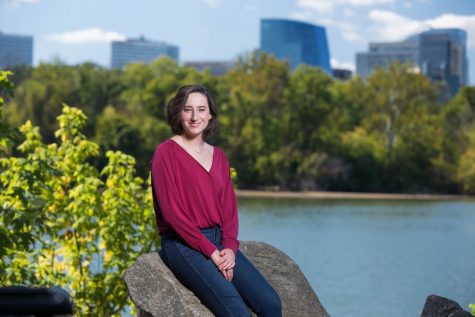
Have you ever had your lungs fill up with fluid? When you first wake up, it feels like there are marbles settled deep in your lungs. When you try to sit up, they roll around, causing you to gasp for air that you can’t quite get. You lay back down, coughing and feeling like you’ve been hit in the head. Even if the fluid drains and you go on to live and breathe normally again, the spectre of that feeling never leaves you.
Over and over again throughout this pandemic, I hear people argue that we shouldn’t let fear of infection control our actions, but I proudly do just that. I have struggled to breathe before, and I don’t want myself or anyone else to have to experience what I experienced. But once again, I am surrounded by people claiming that even if they do get the virus, it won’t be that bad because they are young and healthy. My first rebuttal to this point is that remaining virus-free is not just about one’s own safety, but also about the safety of the whole community; and while that should be enough to convince anyone to take the proper precautions, many in the United States as a whole and even the Vanderbilt community choose to disregard regulations.
So I have another message to send to our community: you’re not invincible.
I set out to write this article about what it is like for me to be high risk for COVID-19, but the truth is, I’m not entirely sure that I am. Most of my doctors have told me that I would probably respond like a healthy teenager if I got the virus, but since they have very little data on its effect on childhood cancer survivors, they just can’t be sure about the risk. So why would I choose to stay remote and live as though I am high risk? Because having a rare life-threatening disease once showed me that youth and statistics can’t cancel out the inherent vulnerability of humanity.
While many of the students reading this have a healthy respect for the dangers of COVID-19 and follow safety regulations, I know from what I have seen on social media that many do not. In all fairness, it is normal for adolescents to have an “it won’t happen to me” mindset, but it just might.
I’ve closely followed COVID-19 regulations for seven months now, in addition to the months of social distancing I went through alone during my cancer treatment. I know what it’s like to feel lonely and isolated. I also know what it is like to not be able to breathe. I can tell each and every one of you unequivocally that I would choose quarantining any day over the agony of breathlessness.
That being said, isolation is absolutely difficult. Taking COVID-19 regulations seriously does not mean you have to lose any sort of social life, however; some of my best memories during cancer treatment took place while wearing a mask and sitting a few feet away from my friends. You are free to make connections and have fun, but mask up and step back. Live as though you and your friends are not invincible because you don’t want to learn it the hard way.




